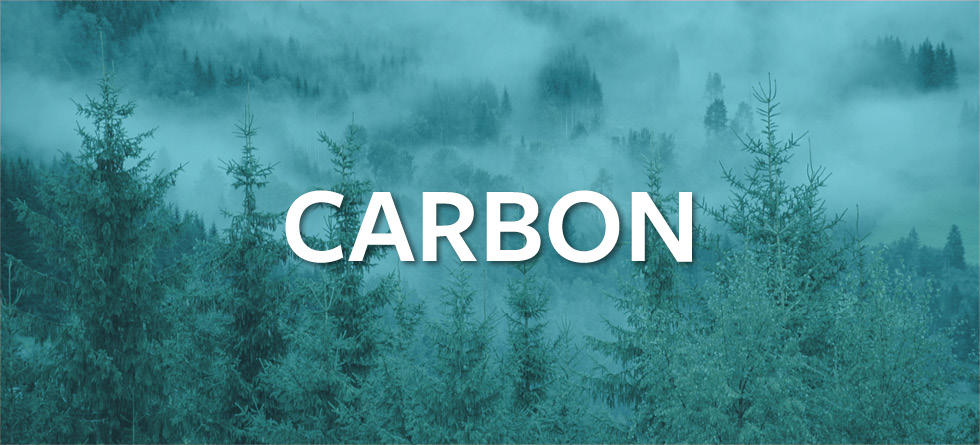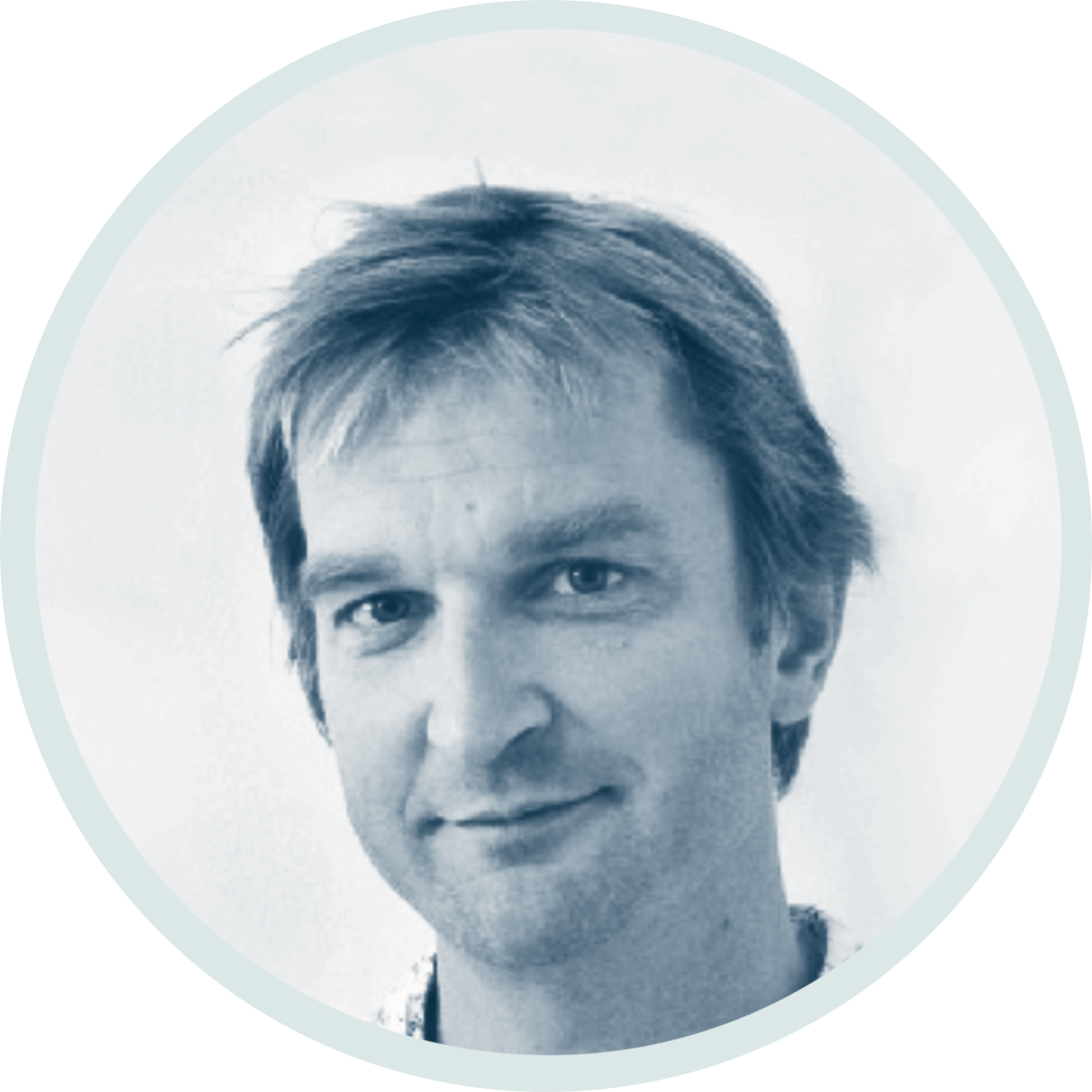

The processes that regulate the flows of carbon in the earth system on multiple timescales.
Research focus
- How much of the human induced CO2 emissions are taken up by the ocean?
- What are the consequences of the oceanic CO2 uptake in terms of ocean acidification?
- What controls natural variations of the carbon cycle?
- What do biogeochemical tracers tell us about water mass formation and ocean circulation?
- What are the feedbacks between the climate system and biogeochemical processes in the ocean and on land?
- How to include the marine sedimentary paleoclimate record in global ocean models?
- How to include vegetation and soils in global climate models?
Keywords: carbon cycle, climate feedbacks, sustainability, glacial cycles, nutrients, oxygen.
Outlook
“The transformation to a low carbon society has to happen in the next ten years and insight into the carbon system is essential for this process”, says Are Olsen, leader of the Carbon System research theme.
“It is essential for defining the risks associated with the various possible emission pathways, for planning climate actions, and for evaluating their efficiency in reducing atmospheric CO2.
Our central goal is to provide this insight to society by developing and using the best possible models and observations.”
The researchers at the Bjerknes Centre for Climate Research work with observations, theory and climate models. The research is organised in four thematic groups:
- Global climate – led by Stefan Sobolowski
- Polar climate – led by NN. Co-leader: Roshin Raj
- The Carbon system – led by Are Olsen
- Climate hazards – led by Marius Årthun




